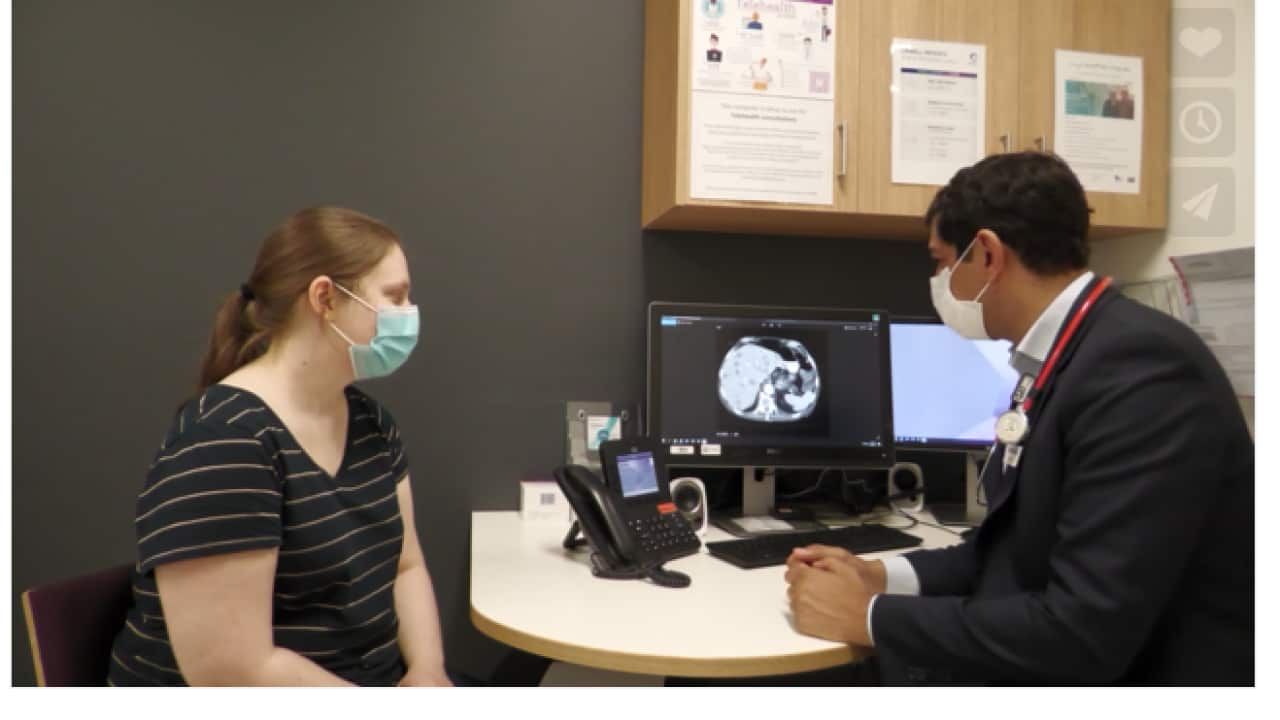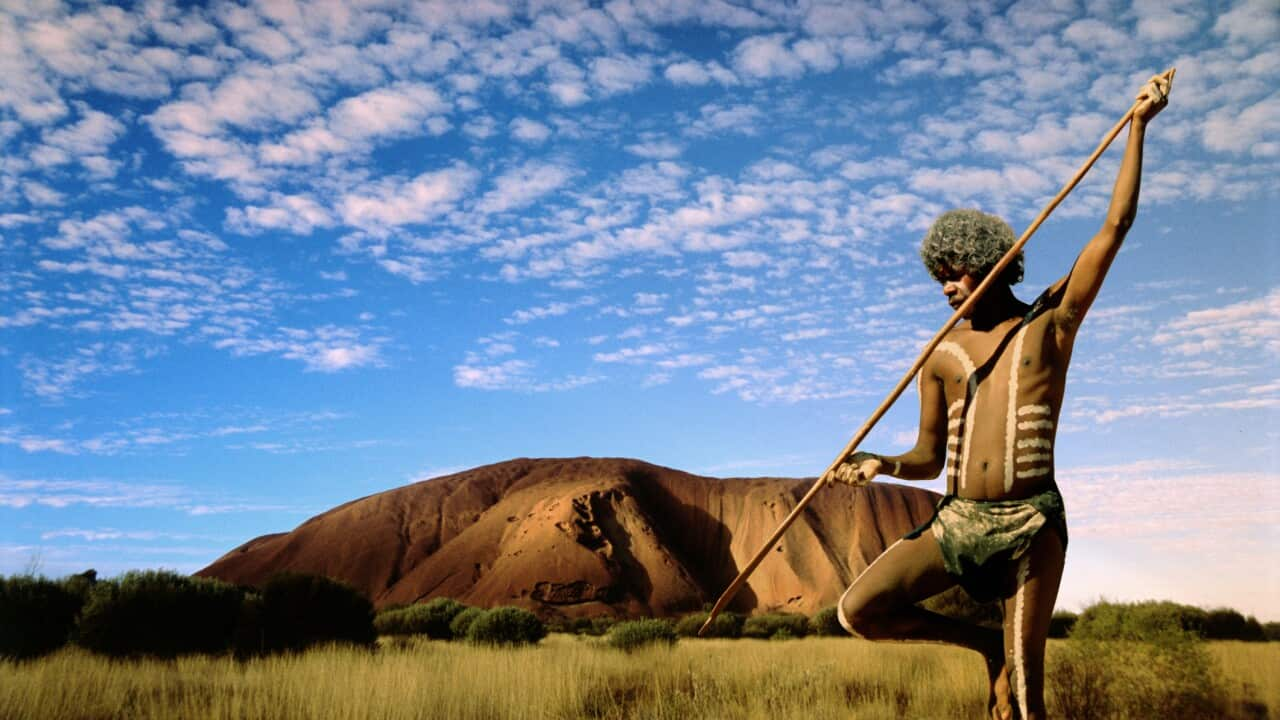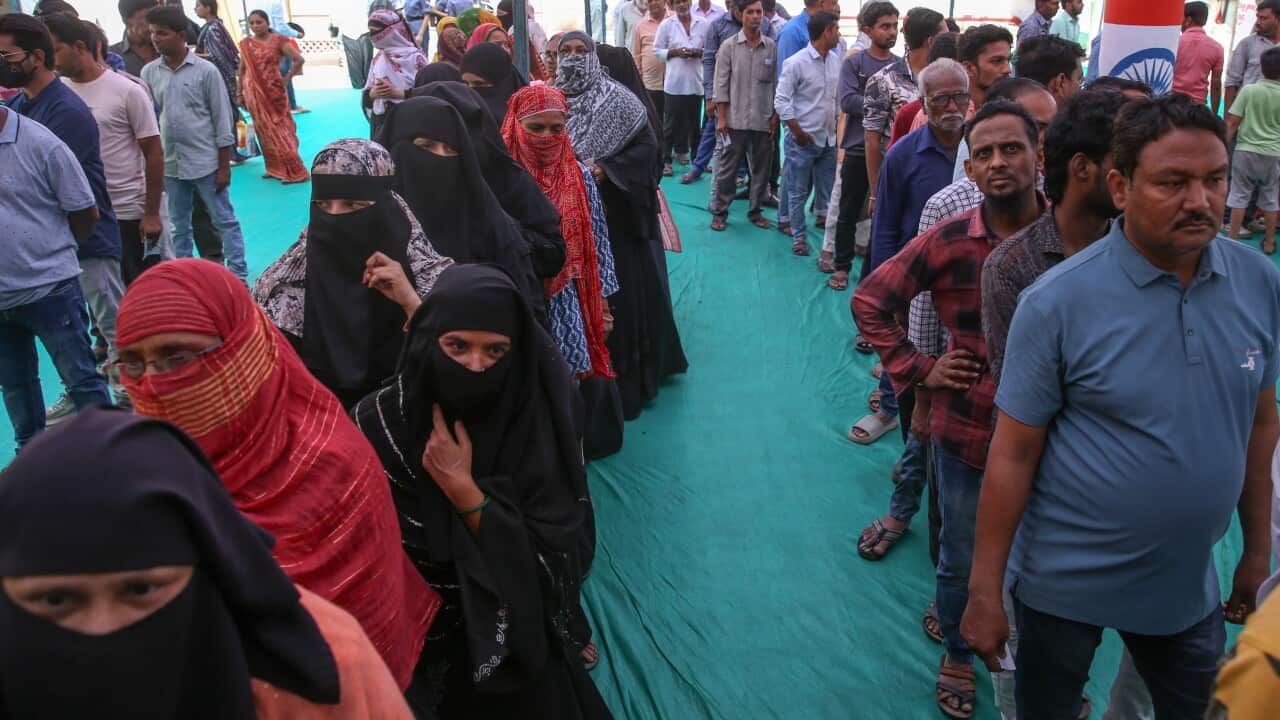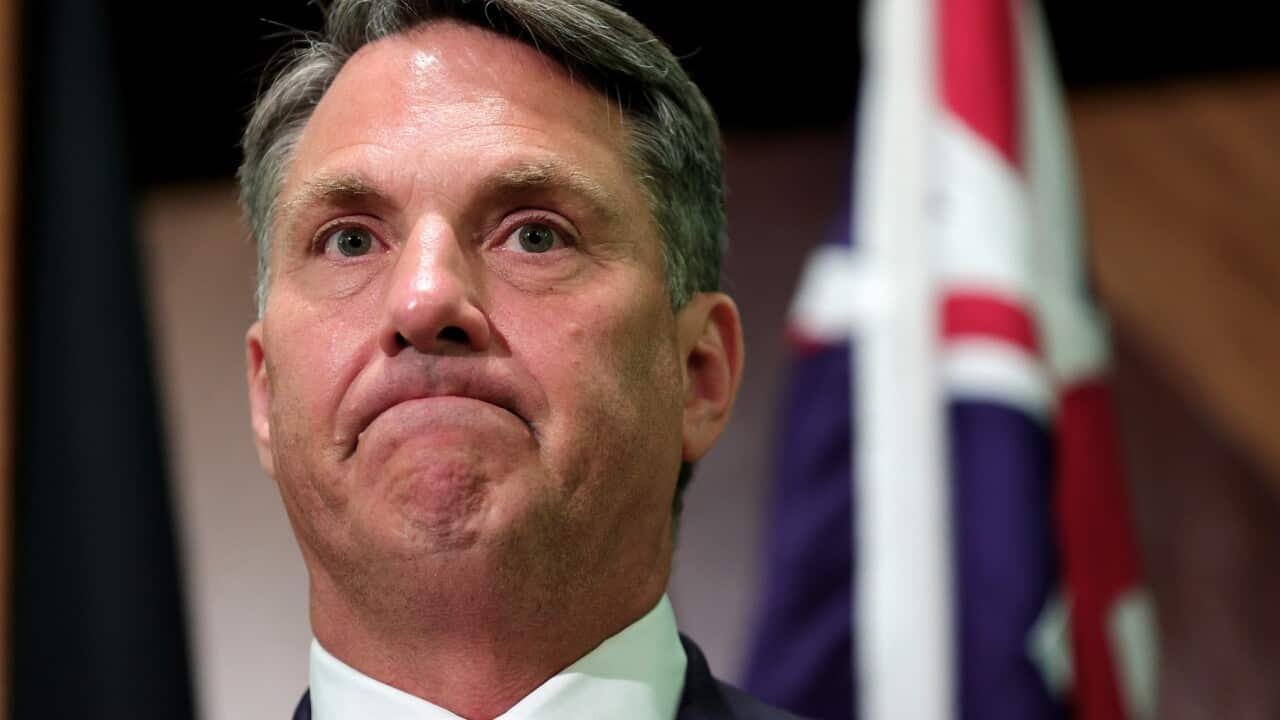Dr Goel, a breast cancer specialist at the University of Melbourne and Peter MacCallum Cancer Centre, will use the Snow Fellowship to study therapy-induced senescence.
The Indian origin physician-scientist will examine why some cancers, mainly breast cancer, relapse years after being cured.
“Unfortunately, some cancer cells don’t die in response to common treatments [like chemotherapy or radiation therapy]. Rather, they enter a state known as senescence and these senescent cells can fuel cancer’s growth over time, ultimately threatening a patient’s life."
Highlights:
- Snow Medical Research Foundation has awarded an $8 million grant to an Indian-origin physician and scientist
- Dr Shom Goel is researching why some cancers relapse years after being cured
- Sydney-based breast cancer survivor says timely check-ups and treatment are vital to beat cancer
Dr Goel said the fellowship would give him the time and resources to explore some of the most critical open questions about senescence in cancer.
"What makes one senescent cancer cell different from another? Do senescent cells explain why some cancers relapse years after we thought they were cured?”
Dr Goel and his team will build a suite of cutting-edge laboratory models and screening tools that take time to create, and which conventional funding mechanisms are not designed to support.
“The level of funding provided by the Snow Fellowship is unprecedented for Australian scientists. It will give me the time and security needed to ask big questions, ultimately reaping greater rewards,” Dr Goel said.
“The fellowship will also attract a diverse, world-class team to my lab and within eight years, I am confident we will have discovered some of the first ‘senotherapies’ – medicines that specifically target senescent cells. We will also be very well positioned to drive the clinical development of those therapies here in Australia,” he said.
Dr Goel told SBS Hindi that breast cancer is the most common form of cancer in Australia, affecting one in eight women.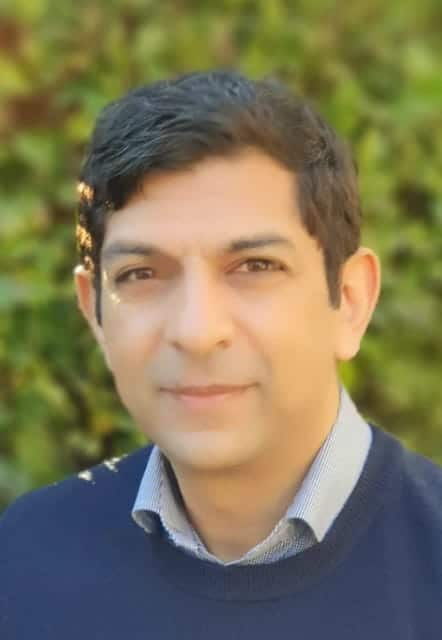 Rekha Rajvanshi, a Sydney-based cancer survivor who has been organising Pink Ribbon Breakfast events to raise awareness of breast cancer for a decade, welcomed the research.
Rekha Rajvanshi, a Sydney-based cancer survivor who has been organising Pink Ribbon Breakfast events to raise awareness of breast cancer for a decade, welcomed the research.

Dr Shom Goel is based at both University of Melbourne and Peter MacCallum Cancer Centre. Source: Supplied by University of Melbourne
Mrs Rajvanshi said she was a fit and healthy gym regular when she was diagnosed with breast cancer in 2007.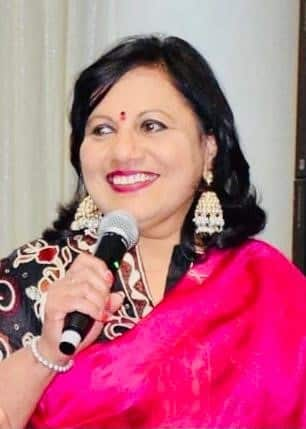 "I could never have imagined that I would be diagnosed with breast cancer,” she said, recalling the terror she felt at being diagnosed.
"I could never have imagined that I would be diagnosed with breast cancer,” she said, recalling the terror she felt at being diagnosed.

Rekha Rajvanshi has been organising Pink Ribbon Breakfast events in Sydney over the past 10 years to raise awareness of breast cancer. Source: Supplied by Rekha Rajvanshi
“I was very scared as I had small children then. I did not know many people and I was worried about the future of my family.”
Mrs Rajvanshi said she initially decided not to share her diagnosis with anyone. However, her neighbour came to know and offered moral support by accompanying her to the hospital.
She said she is one of the lucky ones who has beaten cancer by taking timely and right treatment.
Mrs Rajvanshi now wants women to know how important it is to follow doctors' advice, get regular check-ups and take the help of their close ones.
She also stressed looking after one's mental health, as dealing with cancer can also have a psychological effect.
Mrs Rajvanshi said she managed her stress and anxiety by continuing to follow her passion and work.
"Despite all the challenges, I didn't stop following my passion. I have been working towards promoting the Hindi language in Australia," said Mrs Rajvanshi, who was recently honoured by India-based for her contribution towards promoting the Hindi language in Australia.
last week awarded fellowships to three biomedical researchers in Australia.
